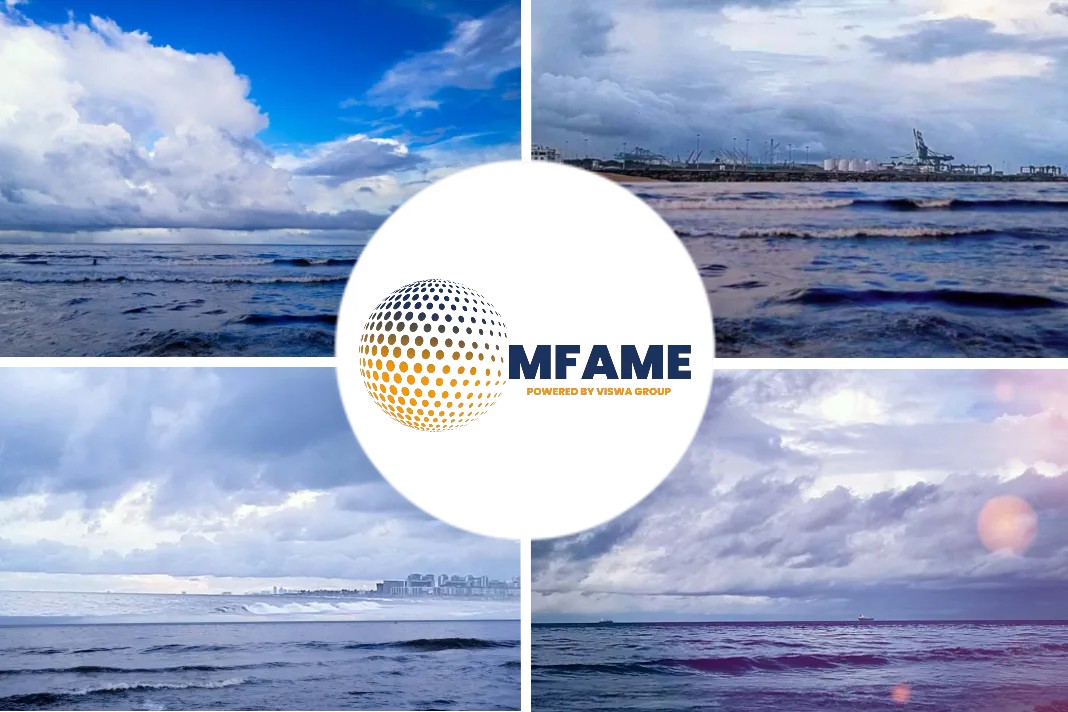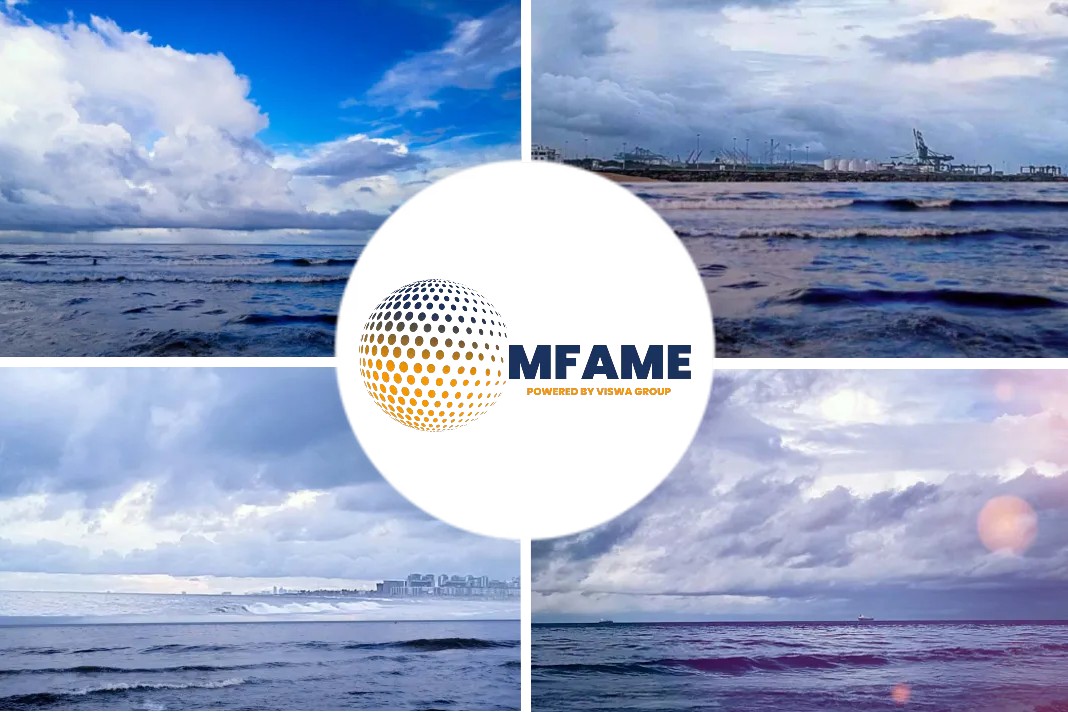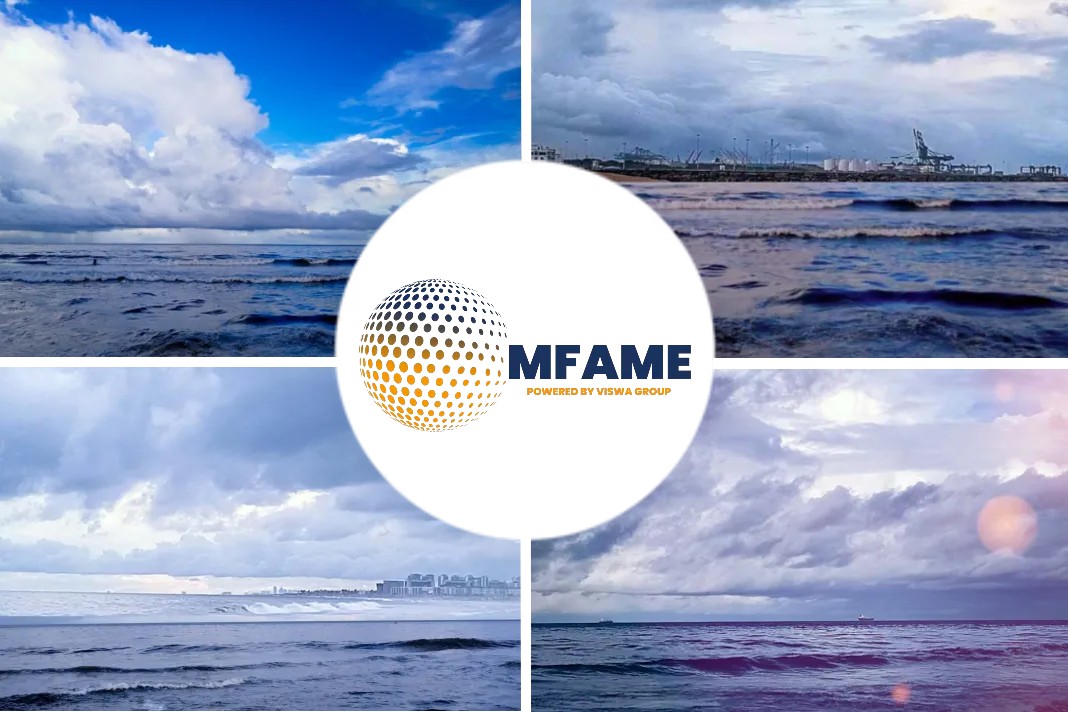According to an article in Sea News, The CEO of InfraStrate, John Wood, an experienced maritime engineer says that there will be a day of reckoning as COVID19 has increased dockings by 70% including some emergency vessel operations.
let’s take a look what he said in the interview but first let’s get to know him a little more.
About John Wood & His Vision

I started off my career as an engineer and officer in the Merchant Navy back on the old steam ship Canberra, which was actually built at Harland and Wolff. I served on various P&O and Princess Cruises ships, including The Ariana and the original Island Princess as well as the Sky Princess. I then moved into Ship repair and conversion before moving into the oil and gas market in the North Sea, which included some time in the US.
I was later head-hunted by BAE Systems to lead their Marine Sustainment division in Australia, where I oversaw the workforce grow from 60 people to 1,500 people across defence, ship repair and oil and gas over the course of 18 months.
Following that experience, I moved back to the UK, as InfraStrata were looking for help and experience around its gas storage project at Islandmagee, Northern Ireland. I joined the business as COO, prior to my promotion to CEO.
The company completed its acquisition of Harland and Wolff in December 2019. Since my background and experience was in ship repair and conversion across defence, cruise and ferry, commercial, oil and gas, as well as the renewables sectors, it was a natural fit for myself and InfraStrata to acquire that business from its then administrators BDO. When you consider that Harland and Wolff has two of the largest drydocks globally, it made a whole load of sense.
A first priority for us was to establish and formulate a strategy for the business, including where and how we wanted to operate Harland and Wolff. We decided very early on to get the business set-up initially for technical services, such as a ship design element, into more complicated services like revitalisation projects, on top of the fabrication and construction of vessels across the commercial and defence space.
Among other highlights, we were able to dock five ships within the first 45 days of operation at Harland and Wolff under InfraStrata ownership.
It is worth noting that we are one of the only two sites across the UK which is licenced to recycle vessels as well.
In totality, Harland and Wolff can now provide complete lifecycle management on a ‘cradle to grave’ basis across five key sectors: defence; cruise and ferry; commercial; oil and gas; and renewable. This will provide diverse revenue streams for the business.
Early on, we had to bring in some new horsepower into the business, so we bought in John Petticrew, as managing director of Harland and Wolff, who has decades of experience in the marine construction industry.
Likewise, Paul Blake, the former head of projects at Bahrain-based Arab Shipbuilding & Repair Yard Co, was hired as operations director for the business. This strong management team complements the likes of Alan Haley, who is Harland and Wolff’s director of technical services. and has been in the yard for decades.
On the sales side, we have bought in Willie Duff as director of commercial sales, as well as Mark Lawther for our defence programmes, and Stephen Mills for cruise and ferry.
In summary, instead of trying to open the yard on day one and plough into large contracts, we set up minor ship repair projects to begin with.
Then for phase two, which we are entering into now, we are looking at large repair contracts/conversions.
Phrase three will concentrate on ramping up the fabrication facility in the yard.

Covid 19:
Things have slowed down a little bit due to the outbreak (globally, for instance, we have seen around 70% of dockings being impacted), but we have also seen some upside with some of the emergency vessels being in operation and the work that is required on them.
Ultimately, there will be a day of reckoning for when dockings need to get done. Since we will have had two to three months of no dockings taking place, it’s reasonable to presume that there won’t be enough docks to go around and that could prove to be a positive for Harland and Wolff.
We are also following the Public Health Agency’s recommendations closely to make sure our staff and customers are protected.
Contracts:
- We have recently signed a memorandum of understanding with Navantia, Spain’s largest shipbuilder, in relation to the Fleet Solid Support Programme.
- On the cruise side, we see this as a major potential area for the business, given the size of the docks that we have.
- We currently have scores of enquiries around this type of work.
- We expect to have a cruise ship in the yard for the end of the year, which would be a good outcome for our first 12 months.
What has changed with Harland and Wolff?
We have actually just celebrated our 159th anniversary. The cost of fabrication in the UK means we have lost a lot of shipbuilding work over the years. However, with the rise of automated processes, including welding, the cost-effectiveness of building in the UK has come back.
By way of example, you can see that with the RRS Sir David Attenborough project being awarded to Cammell Laird in 2016. That, among other things, proves the UK can be competitive on an international stage. As such, it is important that we upgrade the facilities at Harland & Wolff, while making sure that the equipment is state-of-the-art and highly digitised to keep the amount of human interface to a minimum.
Ethos of company:
The ethos of the company is based on the decades of experience the management team have built-up over the years watching shipyards come together.
A key thing, when you compare us to our peers, is that we are going to operate across five different market sectors and ensure that the skills learned in one sector transfers to another.
- That means we will have a highly-utilised workforce, enabling us to keep our overheads at a sensible level while not keeping our eggs in one basket.
- On top of that, we want people to be proud of the company that they work for and be invested in the future.
Our plan is to eventually have a 800-strong workforce, with a supply chain to match. We expect 30 to 40% of the work could be subcontracted.

Most challenging part of shipbuilding today:
Because of the regulatory environment, you need to get the right processes in place before committing to production. That means there is a lot more pre-planning and design work to do. Production, nowadays, is easier. Vessels, themselves, are digitally integrated, so that requires new skills and experiences for the new generation of ships, especially in the defence space.
Martine trade and renewables
- The vast majority of new wind farms (the Dogger Bank project in the North Sea, for instance) are being produced at sea.
- The fact that you need to produce structural steel and structural steel elements matches up well with the maritime industry, which uses very similar skills, including the same approval processes and welding techniques.
- In addition, you have an ease of transportation element since the projects can be carried by vessels to their final destinations.
Did you subscribe to our daily newsletter?
It’s Free! Click here to Subscribe!
Source: Sea News





















